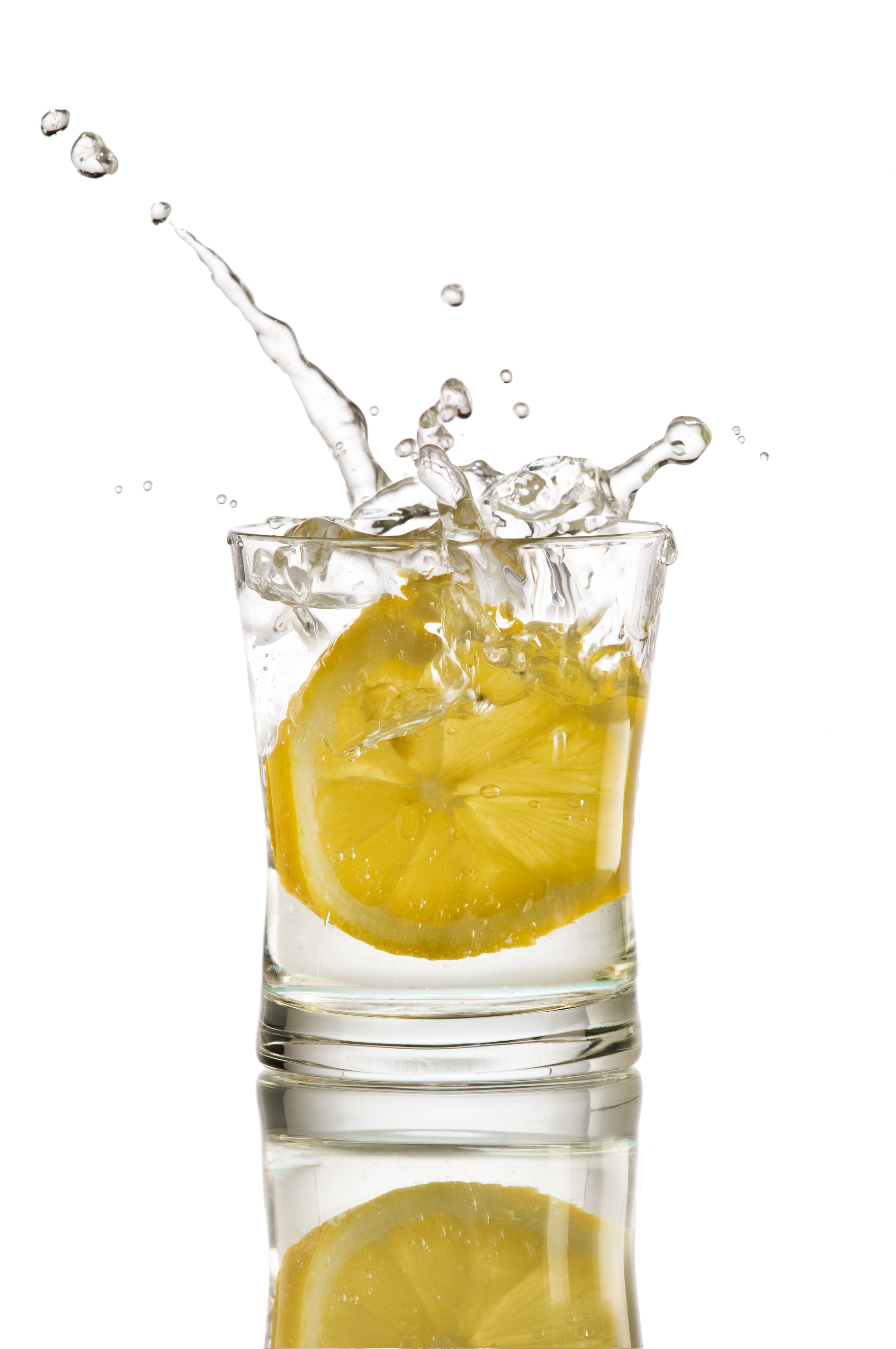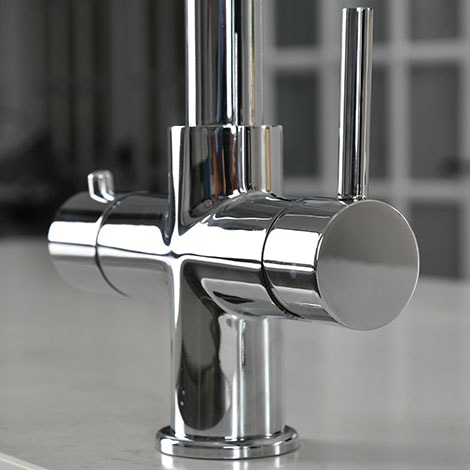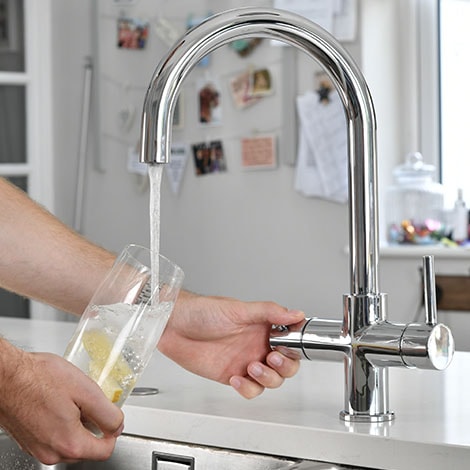Does drinking water help flush out sugar?
Did you know it’s Sugar Free February and that drinking water can help to lower blood sugar levels by diluting the amount of glucose (sugar) in your blood stream. By drinking water lots of water you can reduce your blood sugar as it indirectly will reduce insulin resistance and help reduce hunger.
Sugar Free Feb is championed by Cancer Research UK and is linked to a month of fundraising for the charity with its annual high profile sugar-free campaign. Follow the link to get involved, read handy hints and tips, recipes and downloads, helping you to cut out sugar and raise money from this deserved cause.
It is proven that going sugar-free does deliver some encouraging benefits in making long-term health changes. Some say going sugar-free is harder to do than Dry January!

How to go sugar-free
Unlike the low-fat diet of yesteryear, the sugar-free one is principally low in starchy, easily digestible carbs but packed full of disease-fighting vitamins and flavonoids. With its roots in a Mediterranean style of cooking, a sugar-free way of eating is derived from the habits of people living in the Med and can be applied to a wide range of cuisines from Chinese to Indian to Mexican. For this reason, people find it easier to stick to (unlike the low fat one) because it’s easy and enjoyable – and affordable.
Whether you are following a purposeful sugar-free diet to balance blood levels or just cutting out refined sugars as found in cakes, biscuits, fizzy drinks, tomato sauce and fizzy drinks; the wellbeing benefits are numerous.
Top tips for less sugar
Just following these key principles for a low carb, Mediterranean-style way of eating for a healthier you!
- Minimise or avoid the white carbs – white bread, white pasta, potato, white rice, and processed cereals.
- Cut down on refined sugar, sugary drinks and desserts, and be careful about your intake of artificial sweeteners, too.
- Eat more veg! Make sure veg makes up half your plate. You can also make veg based smoothies to drink more veg and fluid.
- Have some fruit but just a couple of portions per day. Fruit is high in natural sugars.
- Eat plenty of high quality proteins found in meat, oily fish, eggs, and seafood.
- Enjoy your dairy products and the healthy fats and oils, such as olive oil, yoghurt, nuts, avocados, coconut (but choose the non-sweetened varieties).
- Use vinegar in your cooking! It’s a powerful ingredient linked to weight loss, suppressing appetite and maintaining healthier blood sugar levels.
Drinking more water helps keep you feeling fuller for longer and cuts the need to eat more and snack. Combined with watching your portion sizes and enjoying an increased exercise regime, going sugar free could be life changing!

Why drinking water is important
Drinking water will help the body to flush out excess glucose as part of a lifestyle program, especially when a problem with blood sugar has been flagged up, by keeping you feeling fuller and stop you turning to naughty snacks and fizzy drinks.
Having fresh filtered drinking water on tap is a great way to remember to keep fluids topped up, and stop you from reaching for a less healthy alternative.
A top tip is to remember to increase your water intake to reduce the effect of calorie cutting such as tiredness and headaches. If you feel hungry try drinking a glass of chilled and filtered water or a cup of herbal tea – often hunger feelings are really signs of dehydration!
Filtered and chilled water from a plumbed in water cooler or drinking water fountain tastes great and therefore helps you to drink more.

Multi-function, 2 in 1 and 4 in 1 instant hot taps give you boiling and chilled, hot and cold filtered water from the one tap. KettleTaps are a convenient way to make all your hot and cold drinks and flush your body.
Keep a reusable bottle at your desk and in your bag to keep topped up. Refill and reuse saves on single-use plastic purchases and helps the environment. Install plumbed in drinking water stations for your team and refill reusable bottles to save plastic pollution.




